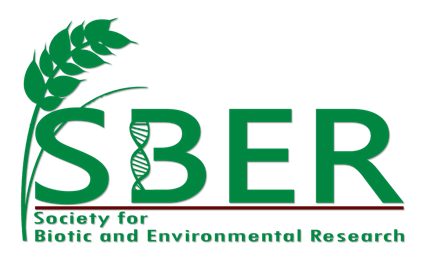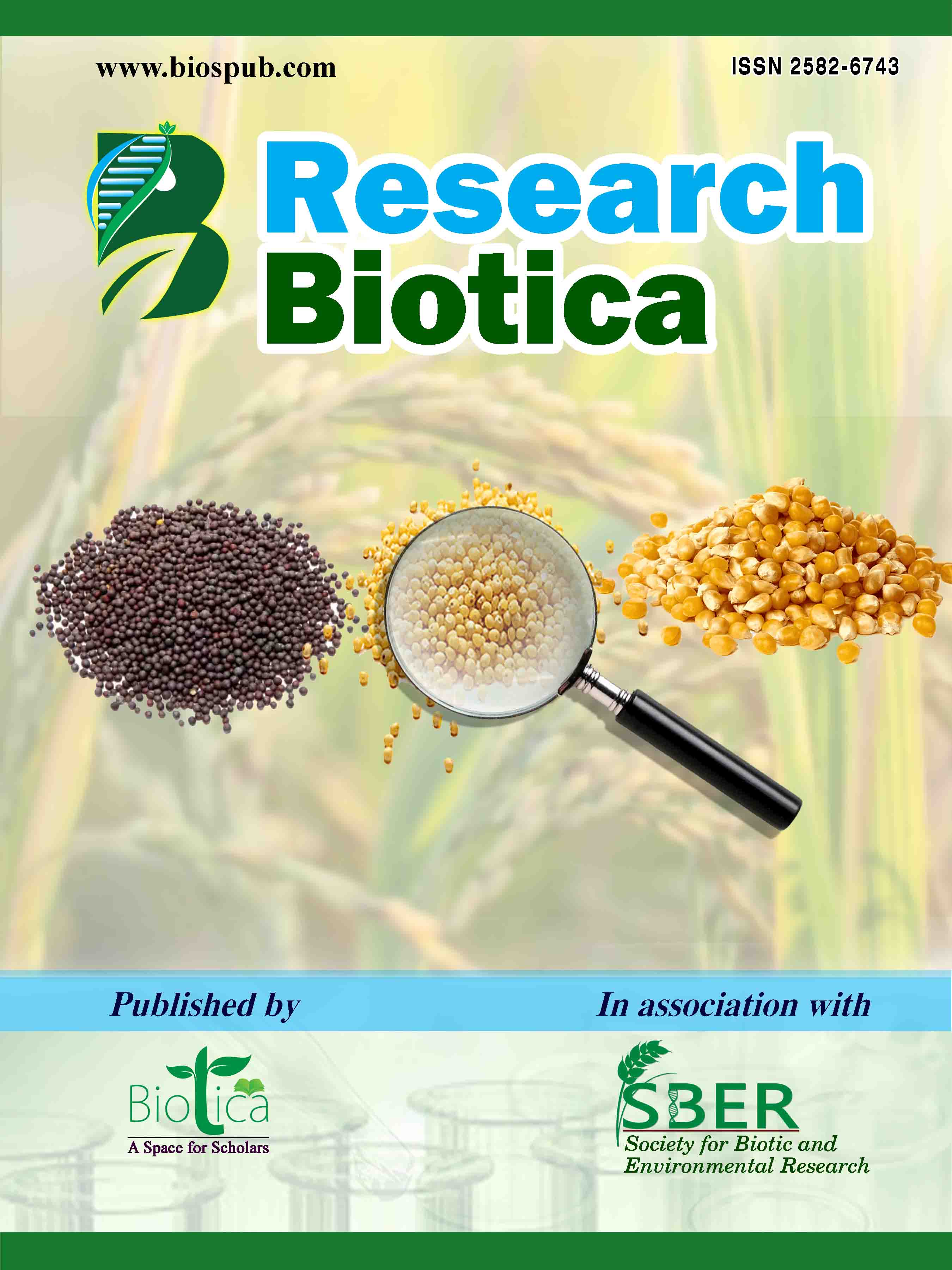Safety in Every Bite: Navigating Microbial Risks in Fresh Salads
Keywords:
Contamination pathways, Microbial hazards, Safety strategies, Technological advancementsAbstract
Even though fresh salads are high in nutrients, there present serious microbiological risks. Salad greens are a rich source of pathogens such as Salmonella, E. coli, Listeria and Norovirus, which can cause serious sickness. Pathways for contamination include pre- and post-harvest activities as well as consumer handling. Risks are reduced by using techniques including careful cleaning, appropriate storage and procurement from reliable manufacturers. Contaminants can be removed with the aid of removal methods include blanching, commercial washes and washing with water or vinegar. Promising solutions can be obtained by innovative technologies as UV light treatment, phage biocontrol, high-pressure processing and antimicrobial coatings. It is essential that stakeholders work together. Educating people about the proper handling of fresh produce will help to avoid health hazards related to it.
Downloads
Downloads
Published
How to Cite
Issue
Section
License
Copyright (c) 2024 Biotica Research Today

This work is licensed under a Creative Commons Attribution-NonCommercial-NoDerivatives 4.0 International License.









 |
|